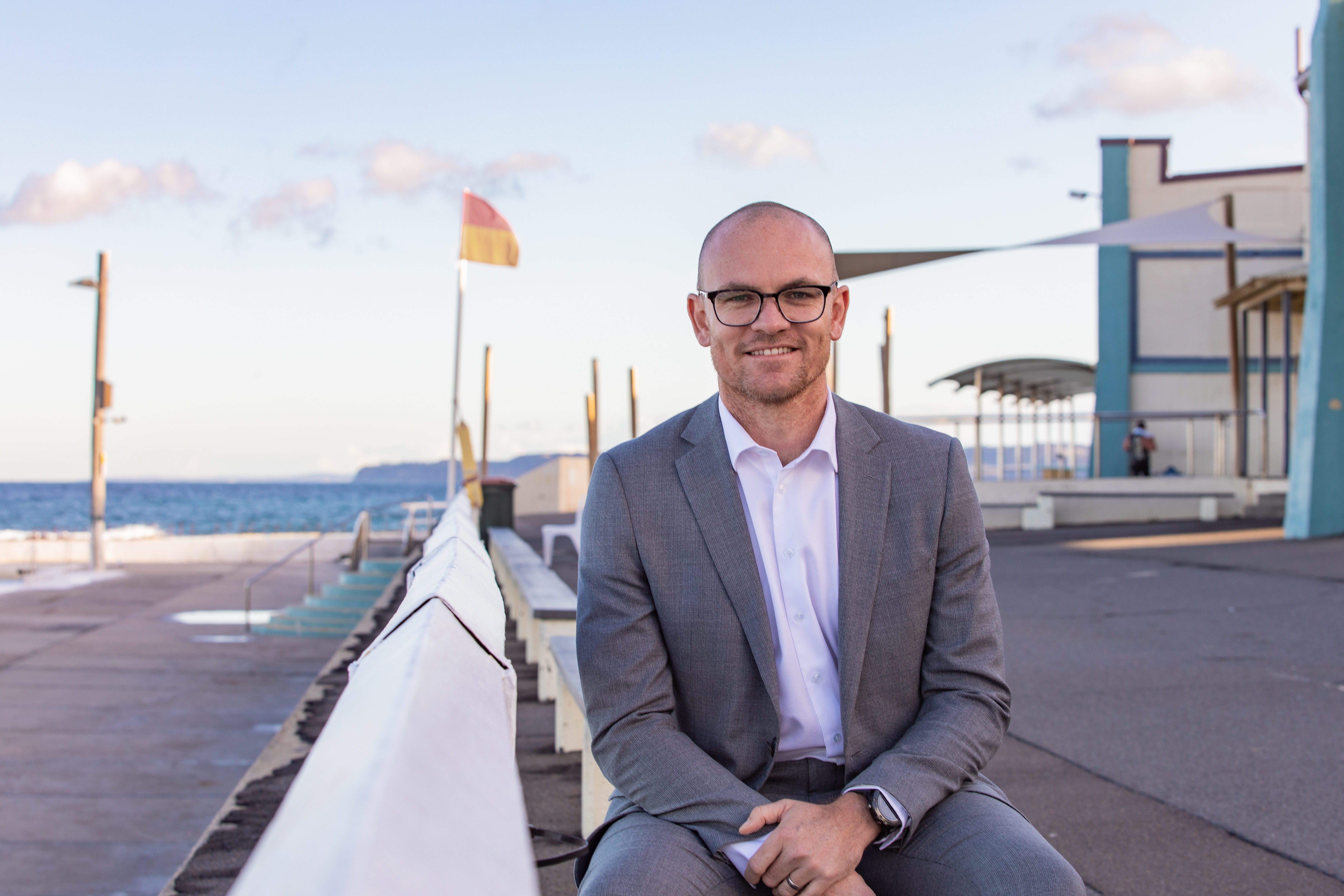 by Kurt Purkiss
by Kurt Purkiss
Are you considering seeking financial advice? Here are 6 key elements you need to consider beforehand.
When it comes to financial planning, upfront advice is vital for establishing the right structures for your circumstances. But people often miss out on the benefits of ongoing financial advice. Which is a shame because one of the best tools for wealth creation is having a qualified and experienced financial planner. Someone you can trust to put your interests and those of your loved ones first.
Economies and their opportunities are constantly changing. Over time your circumstances are likely to change too. Ongoing financial planning with a trusted advisor can help you minimise any risks that might occur as a result of change. All while helping you accelerate the growth of your wealth.
One way of thinking of your financial planner is as your wealth GP. We all know that a trusted GP who you’ve known for years is better at keeping you healthy than someone you only meet once or twice. Good diagnosis depends on good communication. A good GP is usually local, someone who knows your family. Someone who has met you often enough to genuinely care.
It’s the same with financial planners. Trust is critical, as is communication. You want someone with whom you feel comfortable discussing the intimate details of your finances and aspirations. But how do you find a financial planner you can trust?
1. Is your financial planner qualified?
The first thing you want to look at when choosing a financial planner is their qualifications. It doesn’t guarantee they’re good, but if a financial planner has a university degree and/or postgraduate qualifications in the relevant field it at least means they’ve spent considerable time and money educating themselves in their profession.
2. Is your financial planner experienced?
If you’re choosing a doctor, you don’t want someone just out of university. You want someone with real world experience. It’s the same with financial planning. It takes time to understand financial implements, structures and markets and why would you want to risk your hard-earned savings in their learning process?
You mightn’t necessarily want someone right at the end of their career either. They might have years of experience but they might have lost touch with new and improved ways of doing things. Meaning, if you’re looking for a long-term relationship with your financial planner, then you don’t want someone who is going to turn around and retire on you, leaving you to start the process all over again.
3. Does your financial planner’s particular expertise suit you?
If you’ve hurt your back, the orthopedic surgeon who specialises in knee replacements is probably not the person for you, even if they are technically qualified to do the job. Some financial planners might offer a long list of services but you should ask for them for their area of interest and expertise to see if they’re the right fit for you. For instance if you’re interested in minimising tax, you might want a financial planner who’s associated with an accountancy firm.
4. How much will it cost you?
The best financial planner will usually cost more. It takes effort to acquire qualifications and experience. You may like to consider seeking an adviser who has an agreed fixed-fee model; where you pay for the amount of agreed services that your adviser provides, rather than paying a percentage on the amount of money you have to invest. One of the advantages of ongoing financial planning is that you can begin to measure the quality and cost of financial advice against the outcomes.
5. Go Local
It’s easy to conduct business via the internet these days. But it’s easier to trust someone if you’ve met them in person. Knowing where they work, and knowing that they’re part of your broader community. If you live in the Hunter or Newcastle, you don’t want to be dealing with someone in Sydney or Melbourne over the internet.
6. The Long Game
Having a long-term financial planning relationship has been shown to help people’s well-being and sense of security. Recent research by the Queensland University of Technology has found that financial advice has positive effects on clients’ financial and general well-being.
The majority of clients surveyed viewed financial advice as making a positive contribution to their well-being.
• 83% believed financial planning added to their sense of security,
• 78% thought it added to their sense of control over their future,
• 77% claimed it improved their peace of mind
These benefits were shown to increase for longer-term users. About half of the clients surveyed had been using the services of a financial planner for more than five years with about one quarter using services for more than 10 years. Longer-term clients are more likely to perceive they have sufficient knowledge understanding of regulatory issues, suggesting that the experience of financial planning and/or financial matters may play a role in developing clients’ awareness of issues and enable them to make informed decisions in consultation with their financial planner.
Managing your financial health can be complex and it’s an area where the advice of a trusted, locally based specialist can make a big difference to your future.
If you’d like to explore the benefits of top-notch financial planning in the Newcastle and Hunter region, give Kurt Purkiss or Lachlan Ashelford a call on 02 4969 6600 to book in for a complimentary chat and cup of coffee today
SIMILAR ARTICLES:
How to Talk About Money
Invest Now, Prosper Later
Self Managed Superannuation Funds

